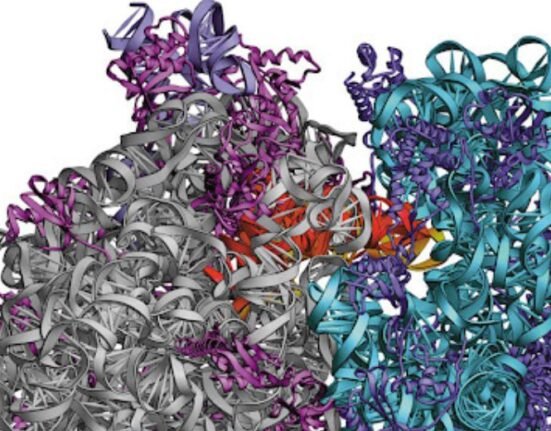HQ Team
February 16, 2023: The WHO has maintained its highest form of alert, the Public Health Emergency of International Concern (PHEIC), on mpox, at its fourth meeting of the international health regulations emergency committee.
The committee observed that a few countries continued to see a sustained incidence of illness. Under-reported detection and under-reporting of confirmed disease cases in other regions are likely.
“Therefore, the committee considered various options to sustain attention and resources to control the outbreak and advised maintaining the Public Health Emergency of International Concern (PHEIC) while beginning to consider plans to integrate mpox prevention, preparedness and response within national surveillance and control programmes, including for HIV and other sexually transmissible infections.”
The WHO stated that the committee endorsed the term ‘mpox’ as a synonym for monkeypox. Mpox and monkeypox will be used simultaneously for one year, after which monkeypox will be phased out. Earlier, the global agency had stated that monkeypox had acquired racist connotations online.
Human monkeypox terminology was adopted in 1970 (after the virus that causes the disease was discovered in captive monkeys in 1958). It was only in 2015 that WHO adopted best practices in naming diseases.
18 nations affected
The WHO can name and rename diseases under the International Classification of Diseases. Mongolism was replaced with Down’s Syndrome, now referred to as Trisomy 21.
Thirteen of the fifteen Members and four of the nine advisors to the committee participated in the meeting.
While 18 countries and territories continue to report recent local human-to-human transmission, mpox case numbers have decreased significantly, according to a WHO statement.
“The Committee notes that the global risk is assessed as moderate,” and acknowledged one WHO region’s proposal to develop a five-year elimination strategy noting that mpox transmission persists in some countries.”
An essential research gap remains to optimise the knowledge needed to tame the outbreaks.








